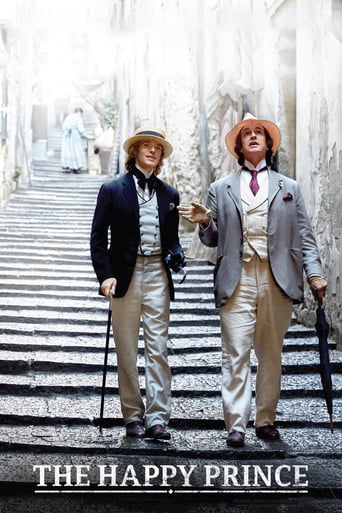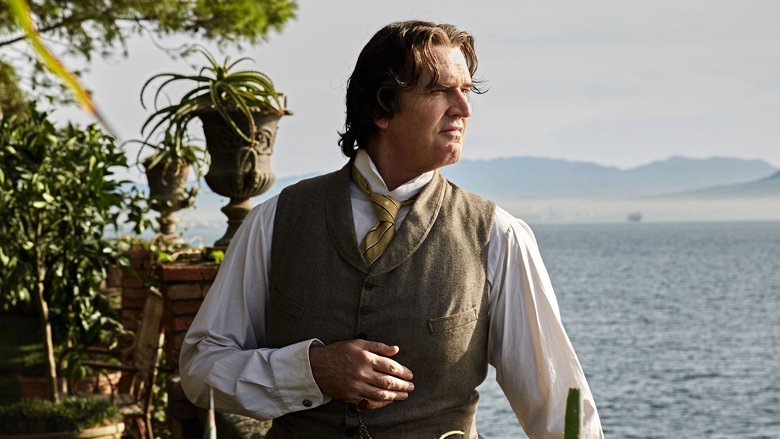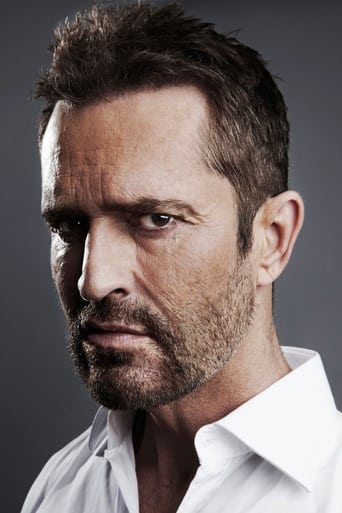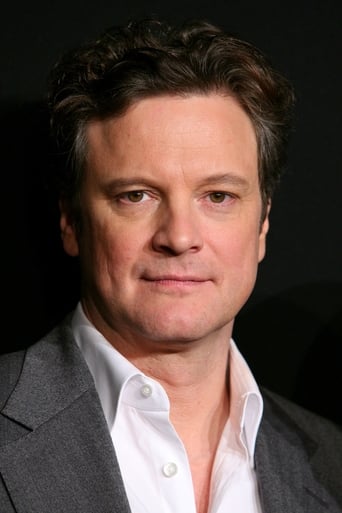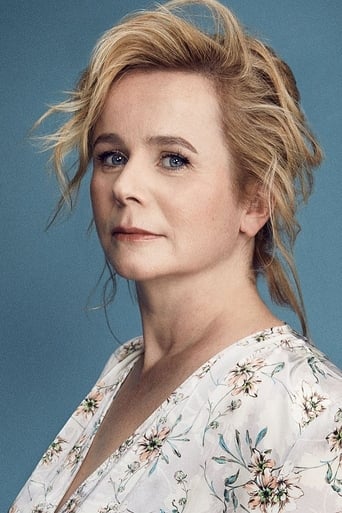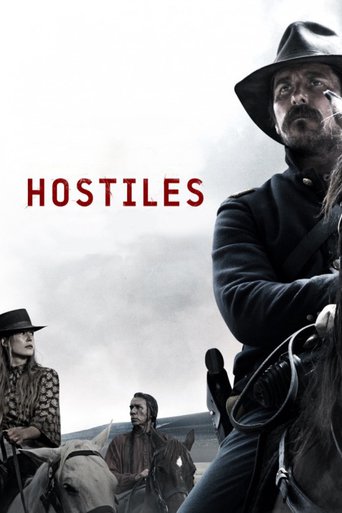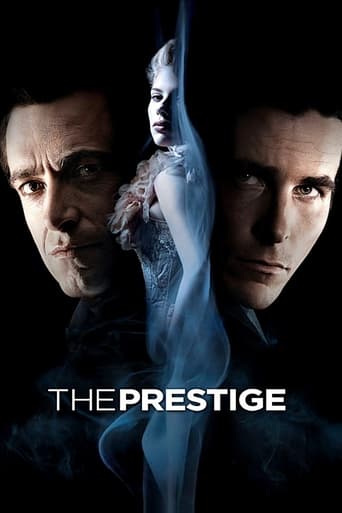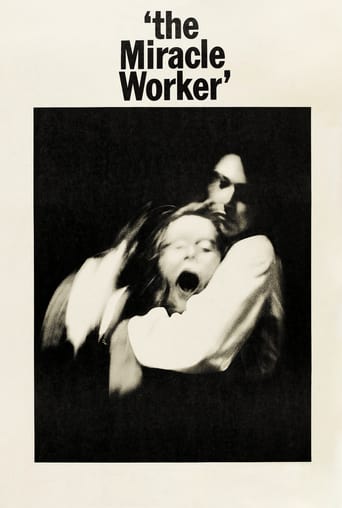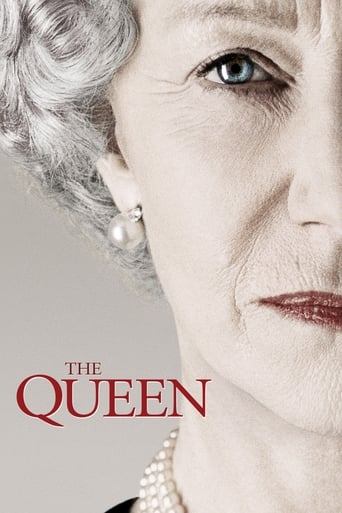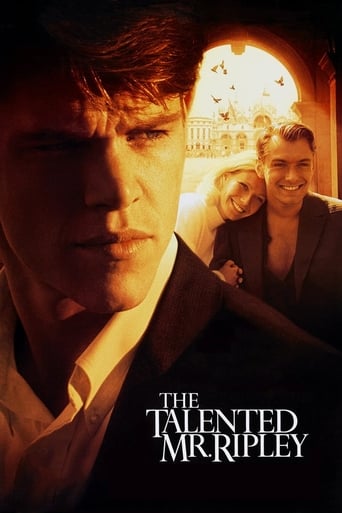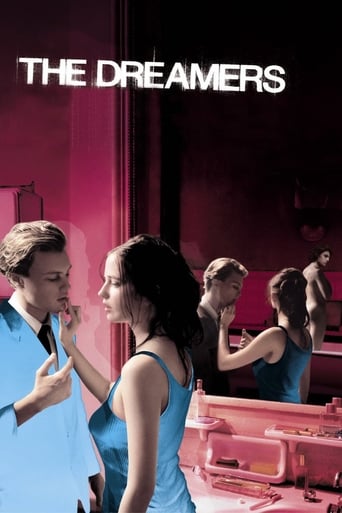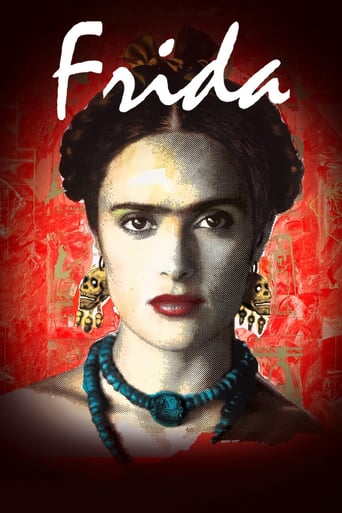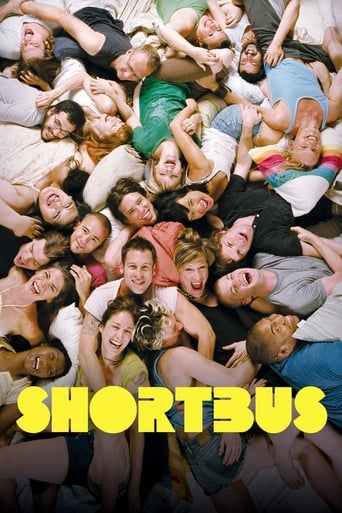The Happy Prince (2018)
In 1895, Oscar Wilde (1854-1900) was the most famous writer in London, and Bosie Douglas, son of the notorious Marquess of Queensberry, was his lover. Accused and convicted of gross indecency, he was imprisoned for two years and subjected to hard labor. Once free, he abandons England to live in France, where he will spend his last years, haunted by memories of the past, poverty and immense sadness.
Watch Trailer
Cast


Similar titles
Reviews
There have been three excellent previous screen versions of Wilde's fall from grace, but THE HAPPY PRINCE outshines them all.Pre- and post-Fall are interwoven. Oscar tells 'The Happy Prince', his dark (Grimm) fairy story, to his children in flashbacks from Paris, where he also tells it to a couple of street kids who have become the children of his exile although the older brother is also his rent-boy. Bloated and dishevelled, the old Oscar still has the appetites which sent him to prison. And he still loves Lord Alfred Douglas, who joins Oscar in a villa in Naples (with more rent-boys) in Naples for a few bickering months. Robbie Ross (Edwin Turner) and Reggie Turner (Colin Firth) are the last London friends who offer loyalty and handouts.Everett's Wilde is as poignant as Stephen Fry's but even more pitiable as poverty and ill-health overcome him. Colin Morgan gives 'Bosie' his prettiest incarnation since John Fraser in 1960. Emily Watson shines in brief scenes as Oscar's wife Constance, also forced into exile by his disgrace. Tom Wilkinson contributes a vivid cameo as the priest brought to Oscar's hotel deathbed. The famous lines about the wallpaper and 'dying beyond my means' are not forgotten; and Everett has scripted a few one-liners Oscar would happily steal the credit for.The final scenes almost certainly take liberties with the facts, but they add an operatic grandeur to the 'Last Act'. Rupert Everett's long struggle to realise this project is a splendid homage to the tragedy of the 'comeback' that was Wilde's greatest drama, his greatest tragedy. The movie deserves to be garlanded with awards: an Oscar for Oscar!
All credit to Rupert Everett for bringing to life his story of Wilde's final years following his exile from England after his release from prison. The film is never less than interesting and often fascinates but it suffers because Everett cannot fully live up to his decision to play the lead, write the script and helm the picture. He's best when acting but even this falters in some scenes with Bosie that are distinctly undercooked. The script in parts needed a tighter edit and there's only so much reflected light in the camera that you can put down to cinematic meaning making and artistic licence. Sorry Rupert - just too little butter over too much bread I'm afraid. However, the film is never less than distracting and Everett successfully makes Wilde the man that he was: At once irritating, outrageous but always to be loved. His performance of Wilde incited many emotions in me but I always returned to compassion.Worth a look!
If you are an admirer of Rupert Everett, you must see this film. if you are one of admirers of Oscar Wilde , you must see this film. I admit, I am both. Oscar Wilde was one of familiar names across my childhood for his tales. at first moment, I saw the title of film and the suggestion than it represents an adaptation of the tale with same title was the first temptation. Rupert Everett was a discover from the "90 's . and one who I admire role by role. so, ambiguous expectations , tensioned in part. from the actor. but, more, from the director. and "The Happy Prince" was the perfect answer to each of expectations. I saw it with not real comfortable feelings. because the adaptations of Oscar Wilde life are many and, for me,Stephen Fry was the ideal Oscar Wilde. I discovered the film after I was read the last lines of Peter Ackroyd "The last testament of Oscar Wilde". and I discovered seeng the film not only the images of book, but the subtle and precise and seductive force of Rupert Everett talent, not exactly a revelation but a clear win in a not comfortable battle. I discovered the traits of Constance Hollande in the fine and nuanced and wise performance of Emily Watson. and a Bossie who give to me confirmation about the art of Colin Morgan. after its end, an only thought - the director could be better. the lead actor did an admirable work. and the cinematography is real great. so, "The Happy Prince".
A solid biopic about Oscar Wilde with a terrific Rupert Everett in the leading role. A great transformation not only physically but also his whole mechanisms as an actor are totally redefined. I would not be surprised if his performance as legendary poet and playwright Oscar Wilde will actually get him Oscar attention next year. Its definitely a performance they soak up and adore. The film itself was fine, but nothing to write home about. I had some troubles with Rupert Everett's direction actually. It could have been better set up and the narrative was a bit weird at times. Performance wise it was not only because of Everett's undoubtedly great performance good. Emily Watson shines as his estranged wife but I had hoped she would have more screen time as she really lived that character and although the screen time was limited she really shined in all of her scenes. Colin Firth was good as well and took care about some comedic relief in a at times too dry biopic. The score was good and the cinematography fine - offering a lot of beautiful sceneries. Definitely worth to check out for the performance and if you are a fan of Wilde himself as they depict him and his work and language just well.

